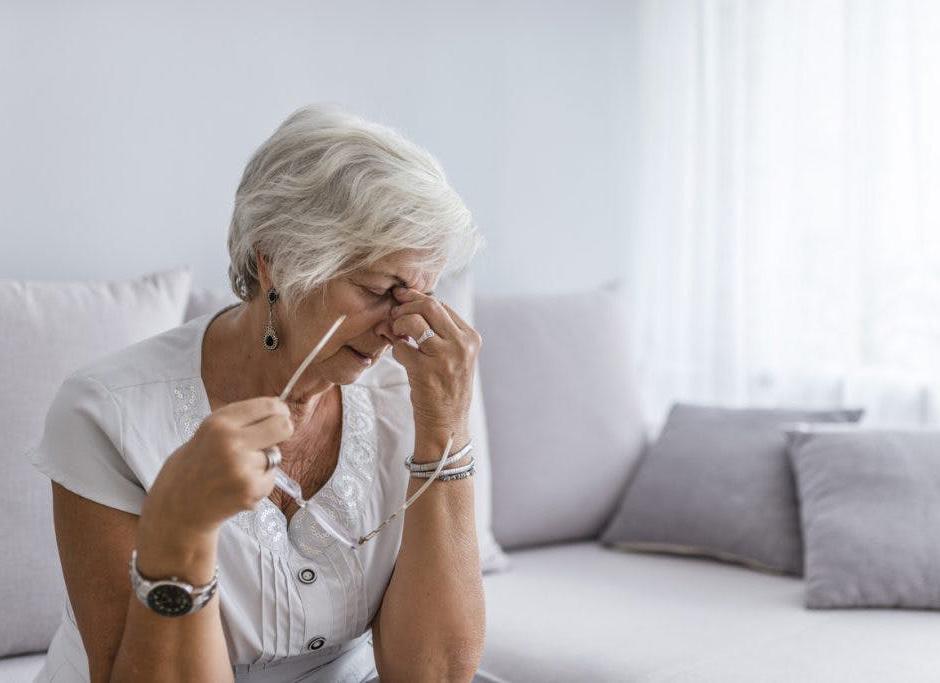
2 minute read
MEET THE TEAM
LIVING AT HOME AFTER STROKE
Most stroke survivors are able to return home and resume many of the activities they did before the stroke. Leaving the hospital may seem scary at first because so many things may have changed. The hospital staff can help prepare you to go home or to another setting that can better meet your needs.
How do I know if going home is the right choice? Going home poses few problems for people who have had a minor stroke and have few lingering effects. For those whose strokes were more severe, going home depends on these four factors: • Ability to care for yourself. Rehabilitation should be focused on daily activities. • Ability to follow medical advice. It’s important to take medication as prescribed and follow medical advice. • A caregiver. Someone should be available who is willing and able to help when needed. • Ability to move around and communicate. If stroke survivors aren’t independent in these areas, they may be at risk in an emergency or feel isolated.
What changes do I need to make at home? Living at home successfully also depends on how well your home can be adapted to meet your needs. • Safety. Take a look around your home and remove anything that might be dangerous. This might be as simple as taking up throw rugs, testing the temperature of bath water or wearing rubber-soled shoes. Or it may be more involved, like installing handrails in your bathroom or other areas. • Accessibility. You need to be able to move freely within the house. Changes can be as simple as moving the furniture or as involved as building a ramp. • Independence. Your home should be modified so you can be as independent as possible. Often this means adding special equipment like grab bars or transfer benches.
What if I can’t go home? Your doctor may advise a move from the hospital to another type of facility that can meet your needs permanently or for a short time. It’s important that the living place you choose is safe and supports your continued recovery. Your social worker and case manager at the hospital can give you information about alternatives that might work for you. Possibilities include: • Nursing facility. This can be a good option for someone who has ongoing medical problems. • Skilled nursing facility. This is for people who need medical attention, continued therapy and more care than a caregiver can provide at home. • Intermediate care facility. This is for people who don’t have serious medical problems and can manage some level of self-care. • Assisted living. This is for people who can live somewhat independently but need some assistance with things like meals, medication and housekeeping.




